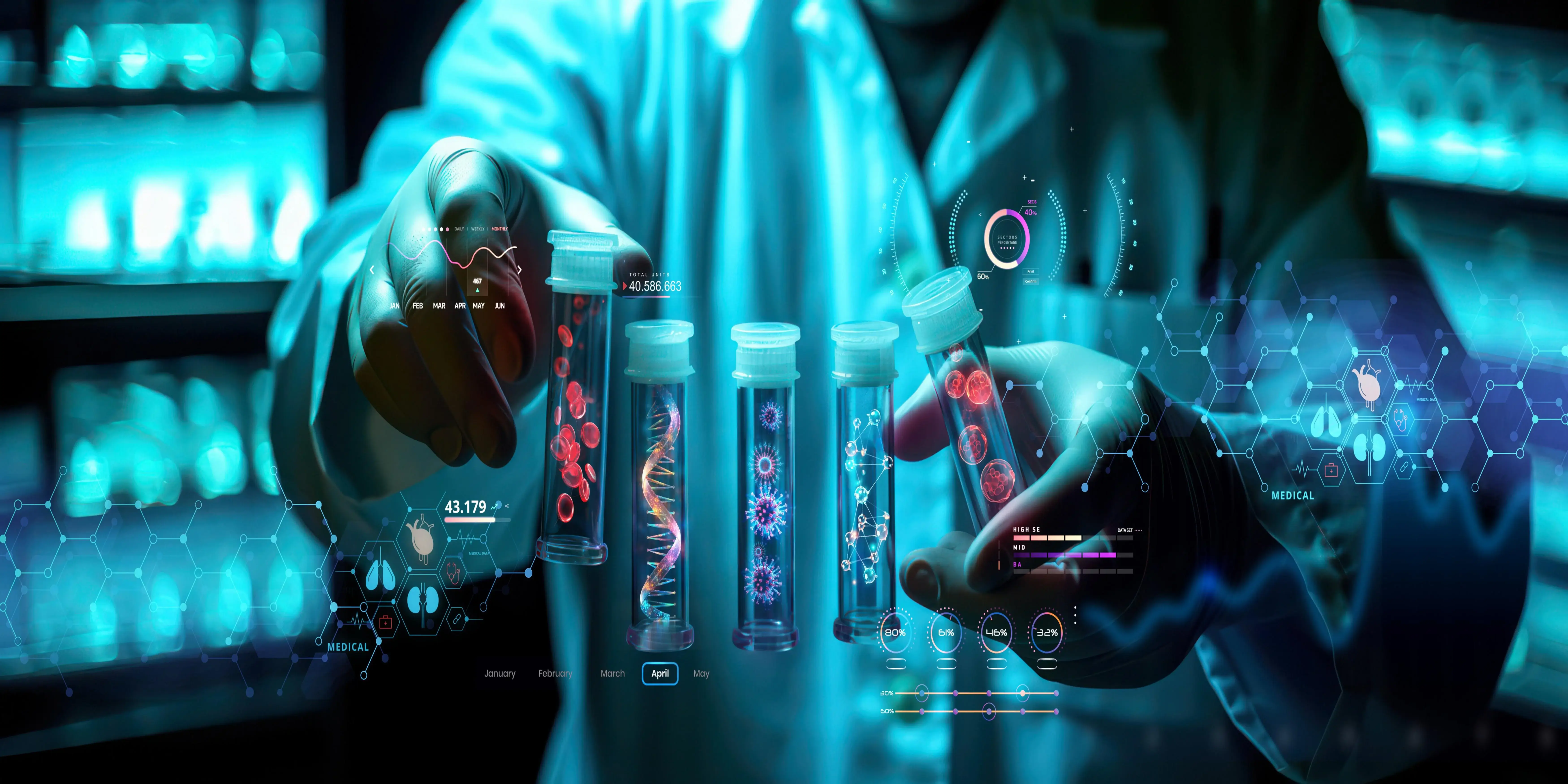The health care sector's clinical development services provide the framework essential for the development of a new medical therapy from the laboratory to clinical application. Such services range from data management, regulations on the use of patients in clinical trials and more. The critical and challenging aspects relating to clinical development services will form the crux of this essay to consider the various perspectives that drive home the critical aspects and challenges of this dynamic 21st century health care context.
Clinical Development Services Company
Definitional Scope
Thus, clinical development services encompass the whole range of activities carried on at the planning stage and conduct and monitoring of clinical research. It runs from protocol development to patients accrual up to data gathering and filing with the regulatory bodies. The basic aim of clinical development is the accumulation of evidence showing experimental drugs to be safe and effective. Still, bottom line is to get an approval
Importance in Healthcare
Never enough, and never too often, can it be said that clinical development services are really essential; indeed, because clinical development is by necessity the bridge between medical research and patient care, and so crucially ensure new treatments are appropriately tested before available on the market. This does contribute to building public confidence in medical innovation and securing improved patient safety. It is here that efforts by such services lie at the heart of what can best be described as unmet medical needs from drugs still forbidden due to unfavourable results in clinical trials.
Critical Elements of Clinical Development Services
Clinical Trials
Clinical development services can be categorized under clinical trials. These research studies are conducted on drugs, devices, or treatment regimens under absolutely controlled conditions on human subjects. Although some clinical trials are well defined as a single independent phases, most of them fall into three distinct phases. Phase I would be the testing of the new drug for safety and dosage in a small group of subjects while administering it. Phase II is when it will determine whether this treatment is effective with a larger patient population with regard to side effects. Lastly, Phase III confirms efficacy through observing adverse reaction in populations many times more than those involved in any of the other phases of clinical trials, yet providing good information before giving the drug permission for approval. Any such holistic conception of the safety and efficacy of a treatment at every step is indispensable for proving that regulators and patients may reach an informed decision.
Compliance to Regulatory Requirements
Regulatory support navigation is also part of the services offered by clinical development organizations. EMA and FDA, like any other regulatory bodies, have devised stringent rules to ascertain the safety and efficacy of new drugs. Preparation of voluminous amounts of documentation on new drug applications, clinical trial protocols, and IND application forms are actually needed for compliance purposes. Clinical development organizations have men who are experienced in dealing with regulation, thus ensuring all requirements are met through the submissions.
Data Management and Analysis
Data Management: Data management has played the most crucial role in the process of clinical development. Proper data collection and processing are the cornerstones based upon which correct and meaningful results from the clinical study would be obtained. The current clinical development services would be utilizing efficient data management systems whereby all the data is being accrued over time and collected in the right manner. Further, such results would be interpreted using statistical analysis that may help to decide if the treatment is safe and suitable for general application.
Patient Safety and Ethical Considerations
Patient Safety
In clinical development, patient safety comes first. Clinical development organizations bear the liability of reducing the inherent risks associated with the clinical trials through close monitoring and control. This includes setting up safety procedures, conducting safety reviews at periodic intervals, and establishing independent Data Safety Monitoring Boards to review trial data in time.
Ethical issues in Clinical Research
Ethic has played a paramount role in clinical development services. Informed consent is adhered to regarding the nature of the trial, potential risks, and rights of participants. Ethical review boards also check on the protocol of a trail to ensure that the welfare of participants comes first. The ethical approach therefore safeguards the participants but also ensures that the process of research is credible.
Challenges in Clinical Development Services
Recruitment and Retention of Participants
Recruitment and retention of clinical participants is not an easy activity at all that is full of challenges. One needs to recruit participants as their selection or recruitment becomes tough, while retaining them during the trial time is also necessary for the attainment of valid desired outcomes. Most strategies that improve both recruitment and retention include focused outreach and community engagement as well as participating through technology.
Regulatory Nimblesness
Clinical Development Services are sure to face regulatory difficulties as there is surely going to be a change in the global framework for operations. This will prove to be quite tough to maintain all the developments that are happening within the regulatory framework as well as in compliance terms. Thus, there might be designings by the regulatory bodies to shift the procedure of reporting data and protocols of a trial of an organization. Organizations should so initiate that such changes do not harm their development schedules.
Conclusion
In this respect, there is a strong need for the clinical development services to the new advancements in modern medicine. The unseen value of work that their clinical development does is to ensure that newly developed treatments must be designed and tested to determine whether it is safe for use in practice before it reaches the patients. These services include a very wide scope of work hence required modernization of medical inventions from momentous headaches of clinical trials and regulatory compliance requirements towards the very important aspect of safety for patients and ethical issues. Therefore, the prospects of clinical development services remain bright despite mishaps because patient-centered care as well as advancement of technology will enable more productive and efficient drug discovery procedures. With such clinical development services, new treatments shall be adequate enough to be sure that they meet the most stringent safety and efficacy standards as care advances.



